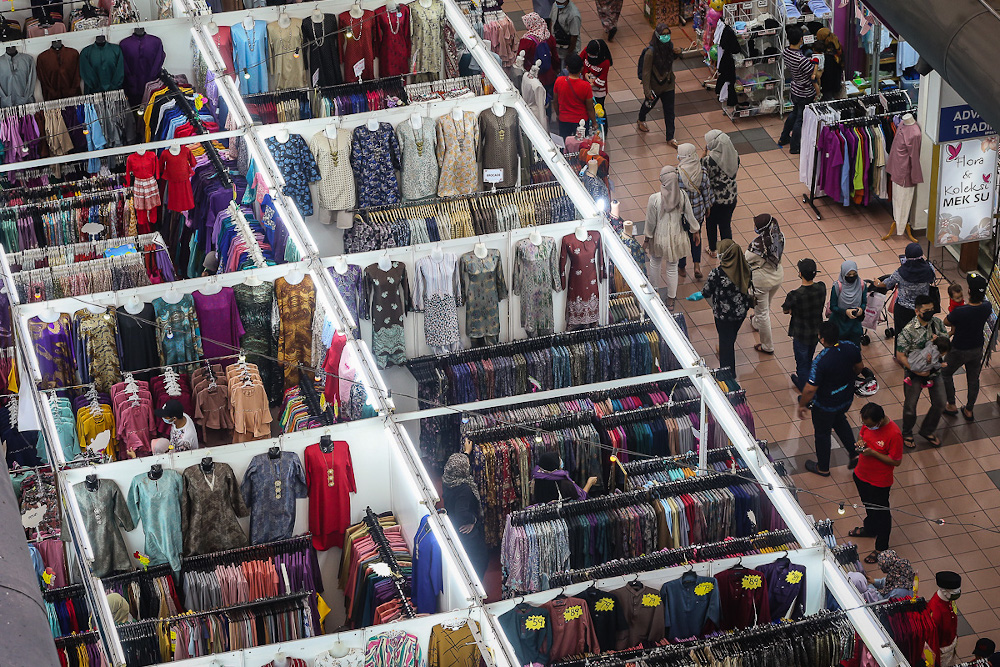
Subscribe to our Telegram channel for the latest updates on news you need to know.
JASIN, April 16 — The Melaka government is seeking the cooperation of security forces, such as the police and the Armed Forces, to place personnel on duty at 70 Ramadan bazaar locations statewide.
Chief Minister Datuk Sulaiman Md Ali said that it was to ensure that visitors and traders complied with the standard operating procedures (SOPs) set.
He said that it was also to prevent cases such as at the Bukit Rambai Ramadan Bazaar, which went viral on social media recently, where visitors were crowded and failed to practice physical distancing.
“I have asked the police to place at least two personnel, or together with the Armed Forces as they also maintain roadblocks (SJR), to be at every location to monitor the situation.
“We do not want the emergence of new clusters in bazaars this Ramadan, causing the state government’s efforts to allow business activities to resume, to fail,” he said when met by reporters, in Merlimau, here, today.
Earlier, he officiated the launch of the Jasin district Ramadan Bazaar at the Bandar Baharu Merlimau, which was also attended by the state Housing, Local Government and Environment Committee chairman, Datuk Seri Abdul Ghafaar Atan.
Meanwhile, Sulaiman was satisfied with the level of compliance with the SOPs at the Ramadan bazaars statewide, especially the gap between the stalls.
“For example, here before the implementation of the movement control order (MCO) there were about 100 stalls operating, but now only 60 stalls are allowed.
“The state government has also asked local authorities (PBT) to allow those who cannot participate in the Ramadan bazaars to sell their products in front of houses or by the roadside to enable them to earn a living, especially after being affected by the Covid-19 pandemic,” he said. — Bernama

